Tag
#Changan
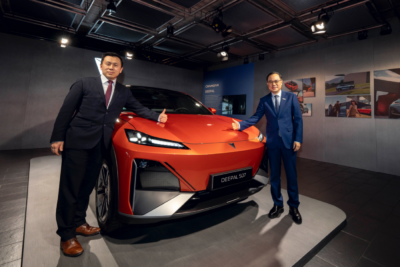
Changan looks for factory sites in Europe
04.07.2025
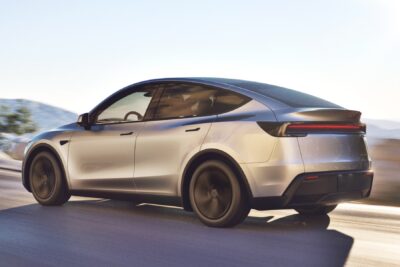
ICCT ranking on the electric transition: China’s OEMs are pushing to the top
17.06.2025
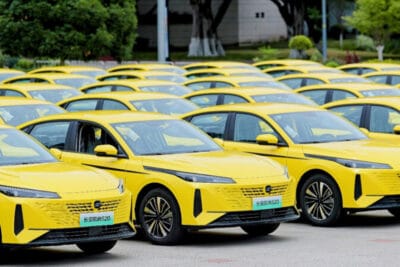
First EVs with CATL’s swappable batteries on the market
26.05.2025
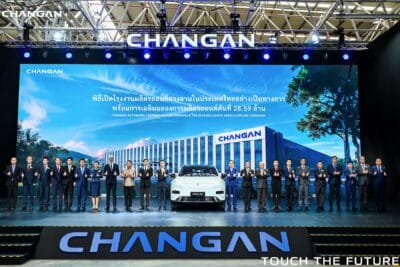
Changan opens its first full-fledged overseas NEV plant in Thailand
19.05.2025
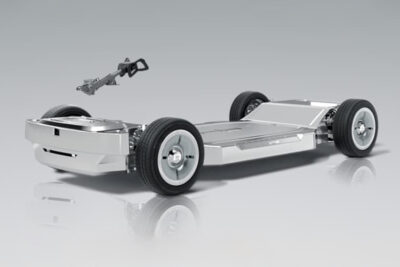
Changan Mazda & CATL announce EV development cooperation
13.05.2025
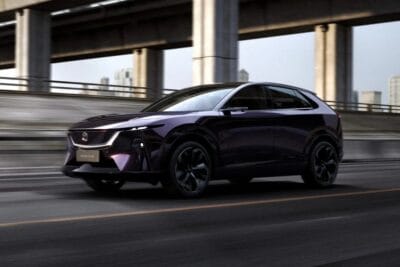
Mazda launches electric crossover SUV EZ-60 in China
23.04.2025

A momentous European debut: Changan promises eight electric models by 2027
24.03.2025
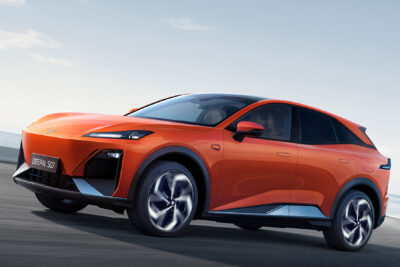
Changan brings Deepal S07 to Europe for 45,000 euros
14.03.2025

Changan plans for solid state battery mass production in 2027
13.03.2025
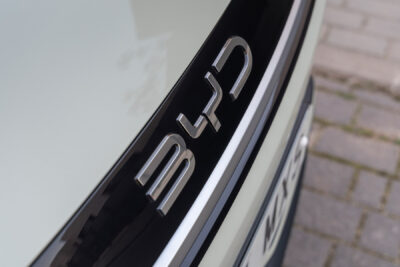
NEV Sales in January: China sees seasonal dip – but at a high level
17.02.2025
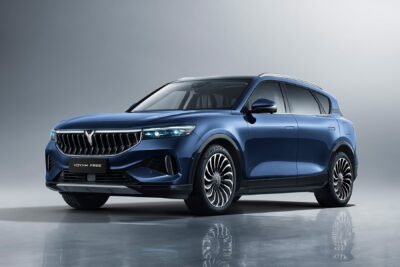
Could Chinese automakers Dongfeng and Changhan merge?
11.02.2025
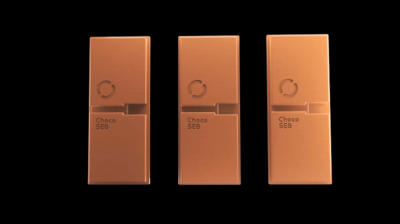
CATL unveils battery packs for battery swapping
19.12.2024
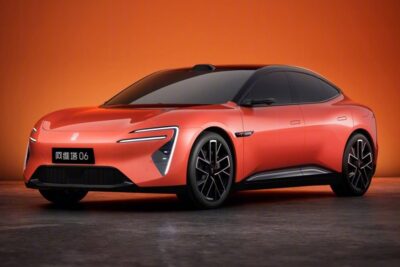
Avatr follows up with the Avatr 06 electric mid-size sedan
10.12.2024
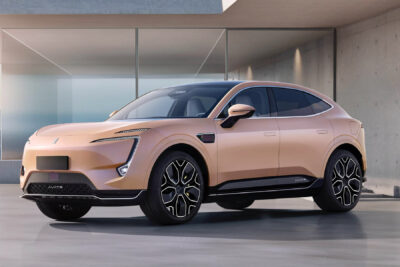
Avatr updates Avatr 11 SUV model
03.12.2024
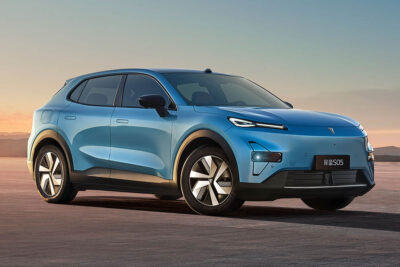
China: New NEV sales record in October
11.11.2024
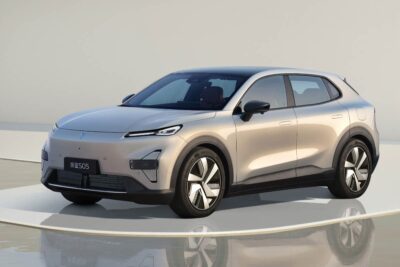
Trade conflict: China reportedly urges car manufacturers to stop EU expansion plans
25.10.2024
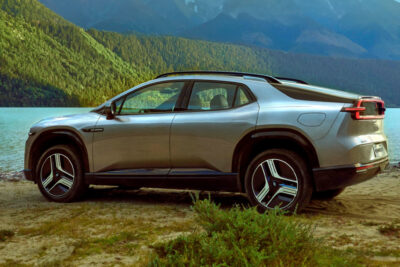
Nevo launches electric SUV-pickup hybrid on the Chinese market
22.10.2024

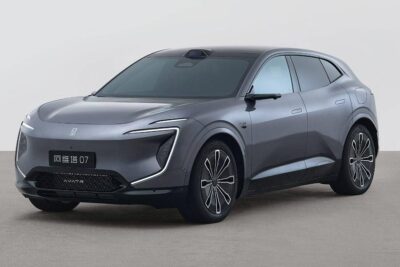
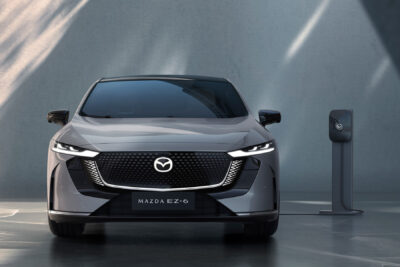
Last commented